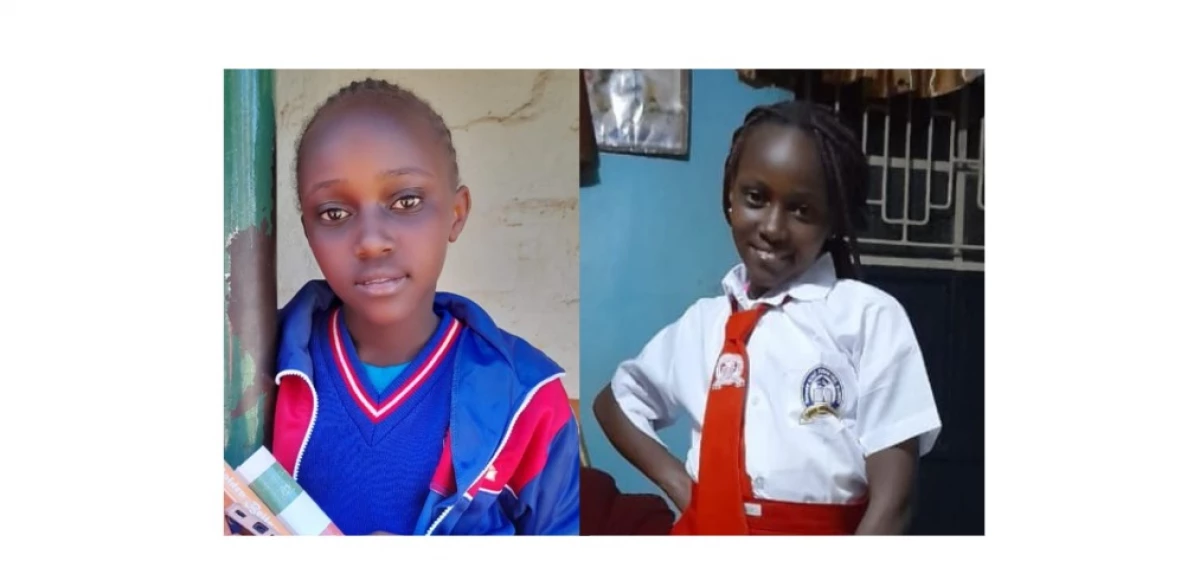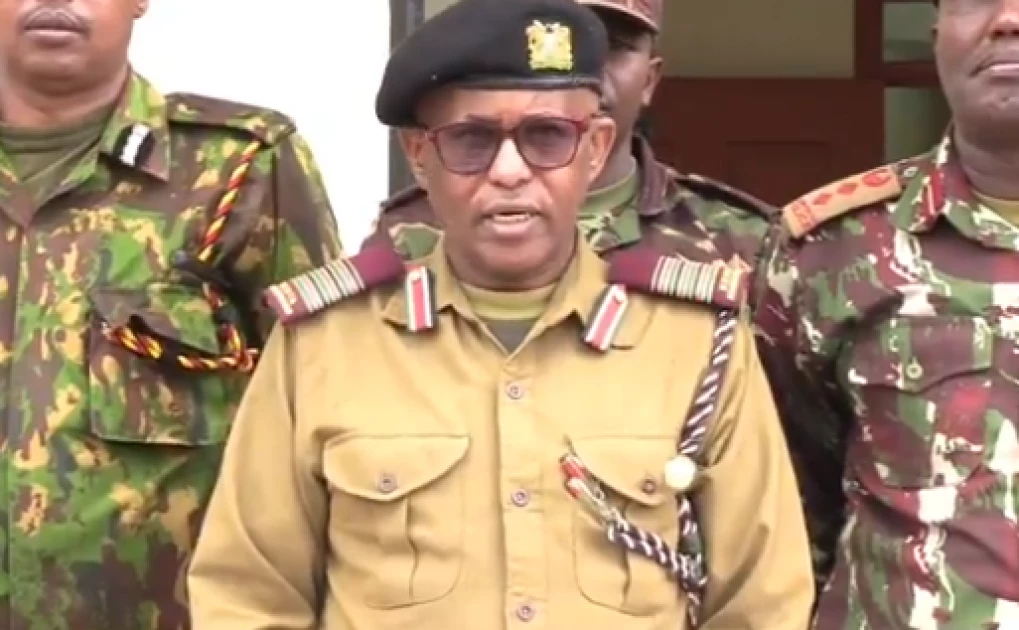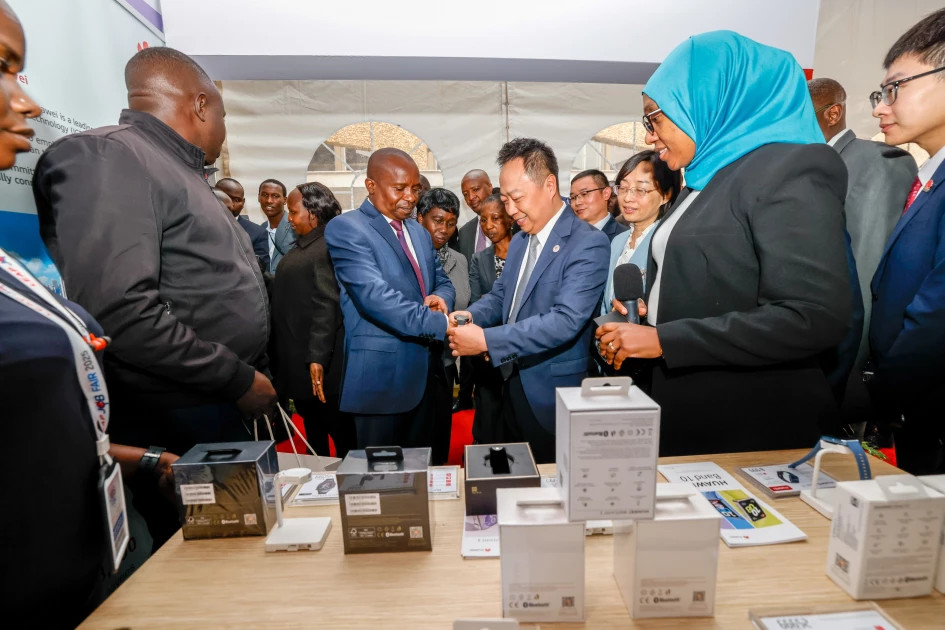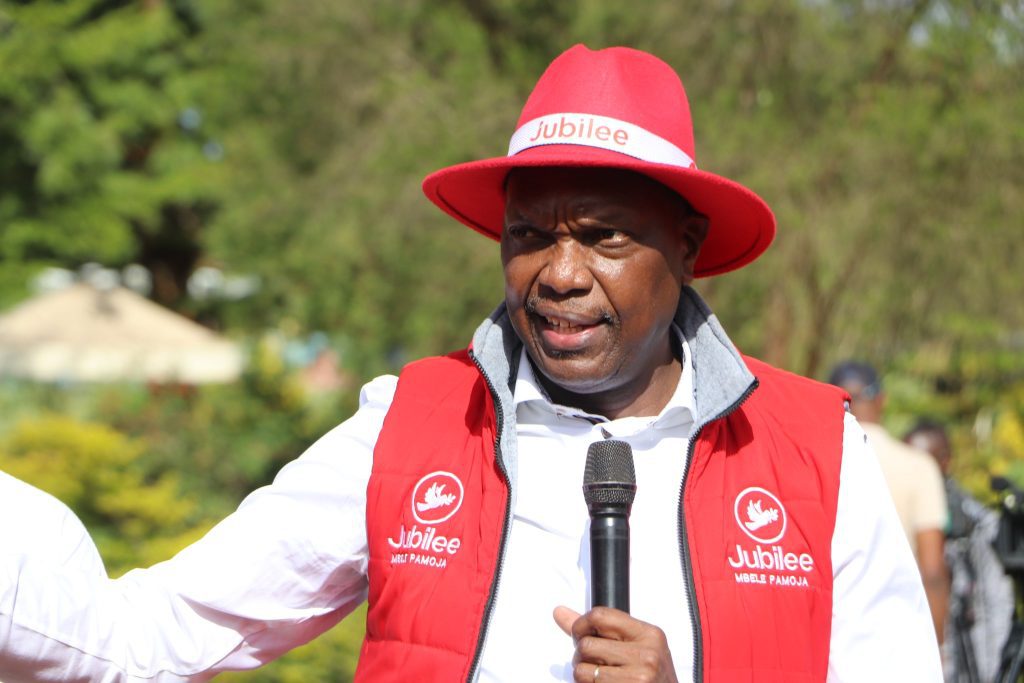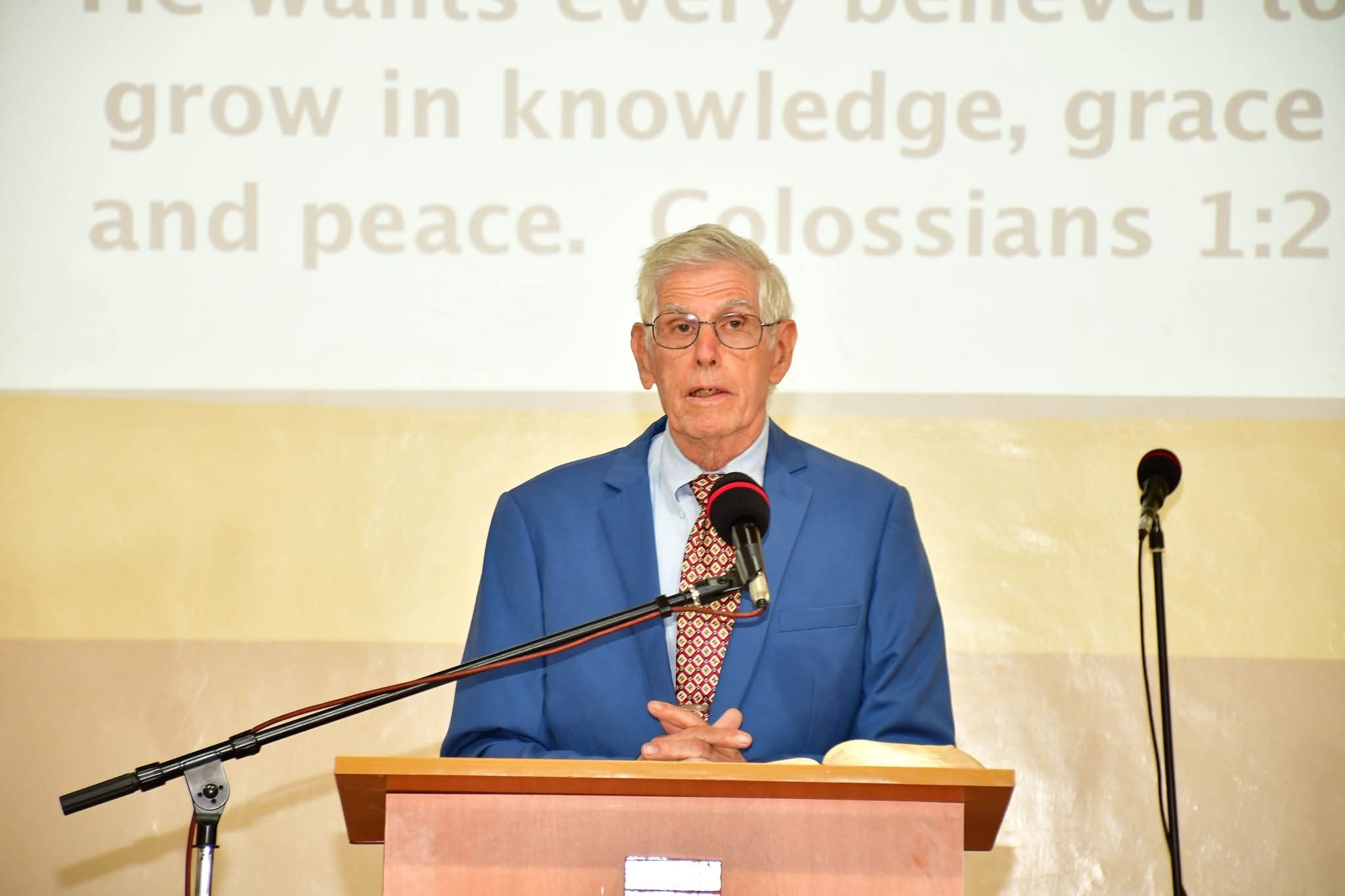Raila Cancels Kamukunji Saba Saba Rally Over Police Blockades
Raila Odinga cancelled the planned Saba Saba rally at Kamukunji due to heavy police roadblocks that hindered access. He said the rally was meant to honor Kenya’s democratic heroes, not stage protests. Raila instead addressed the nation from Serena Hotel, calling for a referendum on the NADCO report.
Raila Odinga: I was to go to Kamukunji to join other Kenyans in commemorating this very important day. Unfortunately, as you all know circumstances today, road blocks all over town, which have made it difficult for people to move to Kamukunji. #SabaSaba #K24Siasa #K24Updates
Posted by K24 TV on Monday, July 7, 2025
Former Prime Minister Raila Odinga has explained clearly why the much-anticipated Saba Saba Day rally, scheduled to take place at Kamukunji Grounds on July 7, 2025, was abruptly cancelled. Speaking to the media at Serena Hotel in Nairobi, Raila attributed the cancellation to extensive police roadblocks strategically placed across key roads within and around the city. These roadblocks significantly hindered the movement of his supporters, effectively making it impossible to access the rally venue today.
Raila was accompanied during the press briefing by prominent ODM officials, including Suna East Member of parliament Junet Mohammed, Alego Usonga MP Samuel Atandi, and Kileleshwa MCA Robert Alai. He clarified that the rally was meant to be a peaceful and solemn commemoration of the 35th anniversary of the historic Sabasaba movement, which played a vital role in Kenya’s transition to multiparty democracy. However, the heavy security deployment was seen as an intentional attempt to frustrate the planned gathering.
The ODM leader expressed disappointment over the excessive police presence and interference, saying that it reflected a disregard for citizens rights to assemble and commemorate an important moment in the country’s democratic history. According to him, the government’s actions were not only unnecessary but also violated constitutional freedoms, especially the right to peaceful assembly and freedom of movement.
Due to the blockade, Raila decided to shift the planned address from Kamukunji Grounds to Serena Hotel, where he delivered a televised statement to the nation. He used the opportunity to present proposals aimed at easing political tensions and public frustrations with the current administration. Among his key demands was that the resolutions and recommendations in the National Dialogue Committee (NADCO) report be subjected to a national referendum, giving Kenyans a direct voice in shaping their political future.
Raila reaffirmed that the Kamukunji event was never intended to be a protest or a demonstration, but rather a symbolic remembrance of those who made sacrifices for Kenya’s political freedom. He recalled that during the original Saba Saba protests in 1990, he was one of the many individuals arrested and detained in the struggle for democratic reforms. That history, he said, makes the date and location profoundly meaningful to him and to the country at large.
Highlighting Kamukunji’s legacy, Raila pointed out its historical role in Kenya’s long road to democracy. It was the site of several key political gatherings, including the 1952 Kenya African Union meeting that preceded the colonial governments declaration of a state of emergency. Such places, he argued, should be preserved as sanctuaries of free political expression and national remembrance, not militarized zones meant to suppress civic participation.
In conclusion, Raila condemned the police interference as a deliberate move by the government to silence dissent and rewrite history. He reiterated his commitment to non-violence and dialogue, insisting that meaningful change in Kenya must come through public participation and constitutional engagement. He urged Kenyans to remain resilient in the face of oppression and continue to uphold the democratic ideals for which many have fought and even died.


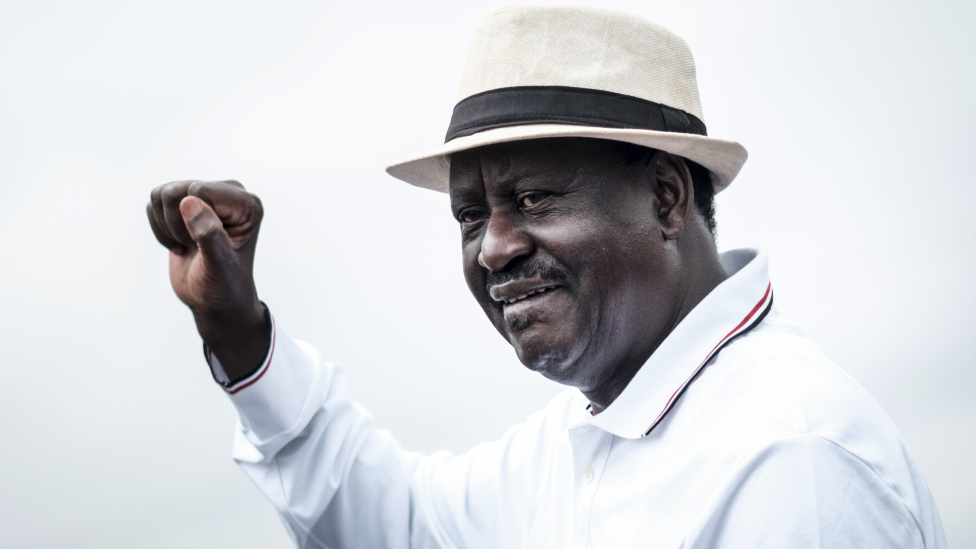

-og_image.webp)
